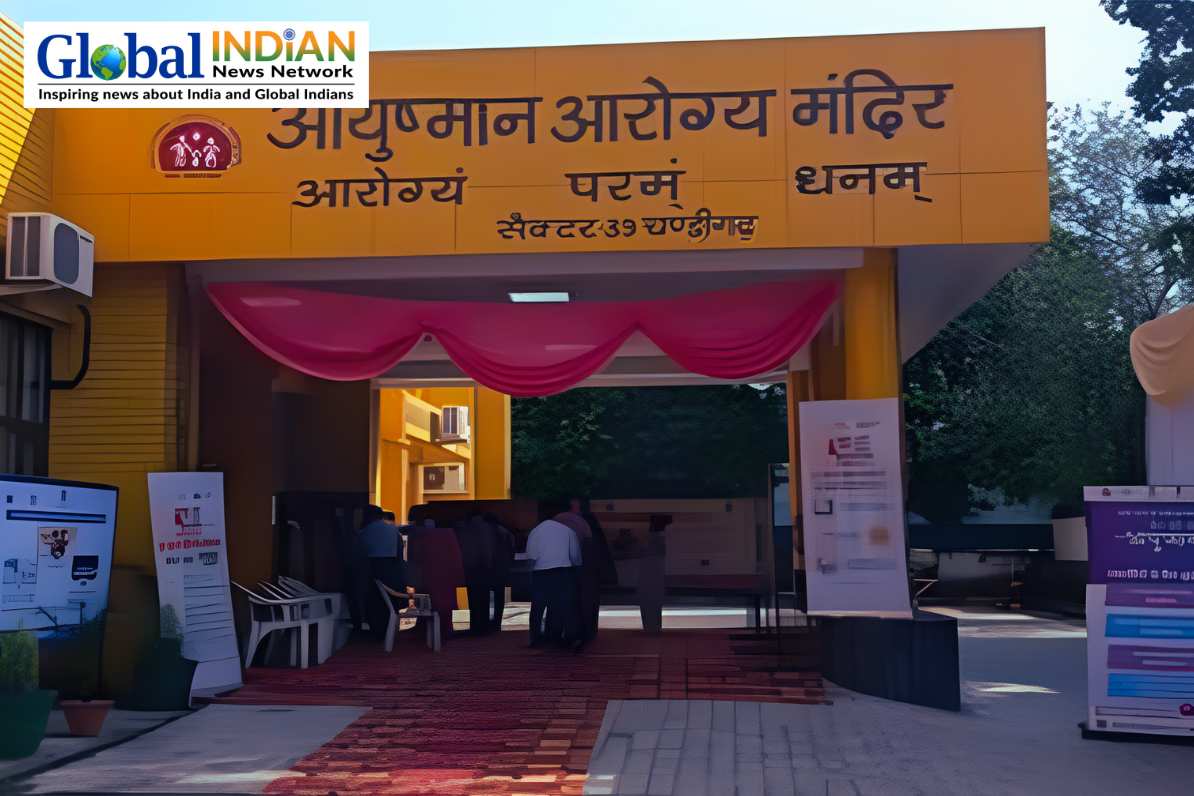 According to a small study conducted at the University of California, Los Angeles (UCLA), a specific type of yoga that emphasizes breathing, meditation, and mental visualization showed potential benefits for older women with risk factors for Alzheimer’s disease and concerns about memory decline.
According to a small study conducted at the University of California, Los Angeles (UCLA), a specific type of yoga that emphasizes breathing, meditation, and mental visualization showed potential benefits for older women with risk factors for Alzheimer’s disease and concerns about memory decline.
Using a specialized MRI technique to measure brain activity, the researchers found that Kundalini yoga increased activity in a brain region impacted by stress and associated with memory decline. The study, which appeared in the Journal of Alzheimer’s Disease, compared the effects of yoga to memory enhancement training (MET), the gold-standard approach for memory improvement, on connectivity in different subregions of the hippocampus, a crucial area for memory and learning.
Dr. Helen Lavretsky, director of the Late-Life Mood, Stress, and Wellness Research Program at UCLA, explained that Kundalini yoga training seemed to target stress-related hippocampal connectivity, while MET appeared to target sensory-integration subregions, supporting better memory reliability.
The study involved 22 participants who were part of a larger randomized controlled trial exploring yoga’s impact on Alzheimer’s risk. The yoga group’s mean age was approximately 61, while the MET group’s mean age was about 65. All participants reported memory decline in the previous year and had one or more cardiovascular risk factors, which can increase Alzheimer’s risk.
Both the yoga and MET groups had weekly 60-minute in-person training sessions for 12 weeks. The Kundalini yoga training was complemented with at-home practice of another meditative yoga form called Kirtan Kriya.
The findings suggest that yoga training may improve connectivity in hippocampal subregions affected by stress, potentially aiding information processing and memory, including facial information. The authors emphasized that this study adds to the growing evidence supporting the positive impact of yoga on brain health, especially for women experiencing stress and subjective memory impairment.
According to Lavretsky, this gentle form of yoga, which focuses more on breathing and mental engagement than movement, is suitable for older adults with physical limitations.
While the study indicates the potential benefits of these yoga forms for women with stress and Alzheimer’s risk factors, the authors recommend future large-scale studies with placebo groups or control arms to further explore the effects of yoga and MET on hippocampal connectivity and memory.









